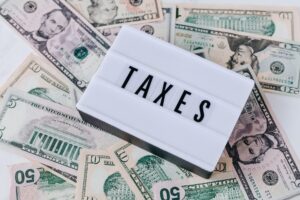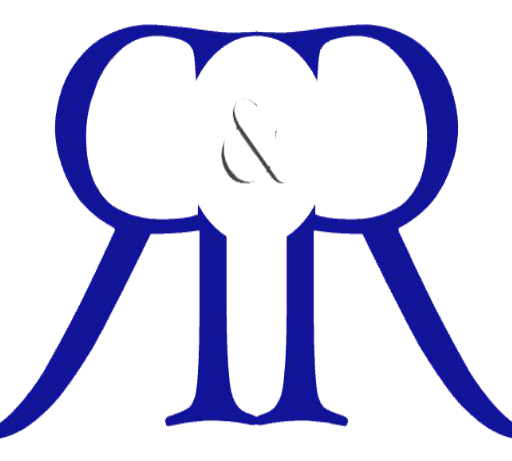
Surviving a Canada Revenue Agency Business Audit
No one likes to hear that their business is being audited. Just the idea can cause panic and stress. However, businesses of all sizes and in all industries are audited by the Canada Revenue Agency (CRA) quite regularly. If you are selected for an audit, it doesn’t necessarily mean that you have done anything wrong. But it does mean that the CRA wants some more information.
The CRA has the right to audit any taxpayer, both businesses and individuals, and it conducts audits to ensure that tax obligations are complied with, that tax laws are applied correctly, and that the CRA receives the tax money that it is entitled to.
But what does a CRA audit actually mean? And what happens when the CRA decides to audit your business? Here is some information on the audit process that could help you.
The CRA Business Audit Process
One of the reasons that CRA audits are scary for many is because a lot of people aren’t exactly sure what an audit is and what takes place during the audit.
The audit process begins when you receive a notice from the CRA. A CRA auditor will either write or call (sometimes both) to inform you that your business has been selected for an audit. The auditor will let you know if the CRA is requiring you to send them receipts, records, and documentation to support your income tax filing or if you should prepare for an in-person audit. If the audit is going to happen in person, the auditor will let you know where the audit will occur. In most cases, the audit will happen at your place of business. However, some audits may happen at a CRA office.
Regardless of where the audit is taking place, you will be expected to have documents that support your income tax filing with you. In addition, the CRA has the authority to examine all books and records when they are conducting an audit, so it’s important to have all relevant information available.
During the audit, the CRA auditor will review your documents, records, books, prior year tax returns, and other relevant information to determine if everything is as it should. The auditor will raise any potential issues with you and discuss them, and you will be able to discuss your concerns and questions with the auditor as well.
What the CRA Looks for During an Audit
During an audit, the auditor may examine several different pieces of information, including:
- Previously filed tax returns, property database information, credit bureau searches, etc.
- Your business records, including bank statements, invoices, ledgers, contracts, receipts and more
- Your personal records, including credit card statements, bank statements, and mortgage documents
- Personal or business records of spouses, family members, business partners, or other individuals and entities not being audited
- Details on any adjustments made by your accountant or bookkeeper to arrive at your income level
CRA auditors will look to make sure that you have declared all of your income, that your expenses are valid and backed up with receipts, that all records are consistent, and that all calculations are correct. If your records are incomplete, the auditor will ask you to make the required corrections or obtain the required proof before the audit can continue.
Possible Audit Outcomes
Once the auditor completes his or her examination, there are two possible outcomes:
- The previous CRA assessment is correct. If this is the case, there is nothing more to be done and the audit will be completed and closed.
- Your tax return will be reassessed. If this is the case, you will receive a letter outlining the reassessment. This means you will either need to pay more taxes or you could be entitled to a refund. You will have 30 days to agree or disagree with the reassessment. If you disagree with the reassessment, you or your tax preparer will need to contact the auditor to resolve the situation.
Preparing for a CRA Audit
One of the main things you can do to prepare for a CRA business audit is to be prepared. Have all required documents and other pieces of information ready for the auditor. Make sure that you have everything you need to support your tax claims. Not only will this make the audit go faster, but if you have accurate information to support your case, it is less likely that you will be reassessed.
A Chartered Professional Accountant (CPA) firm can help your business with various audit and assurance services, including review services and specified procedures audits. Click here for more information and contact us to find out how we can help.








